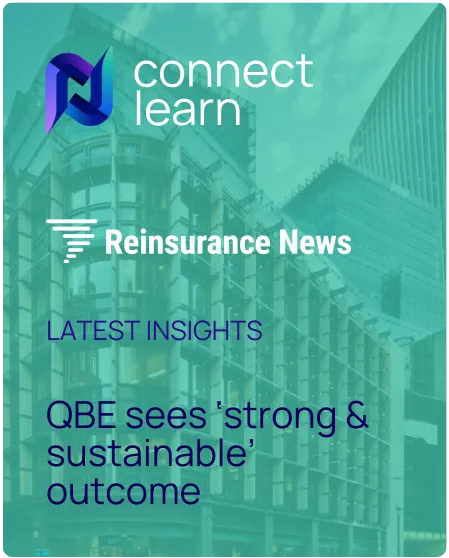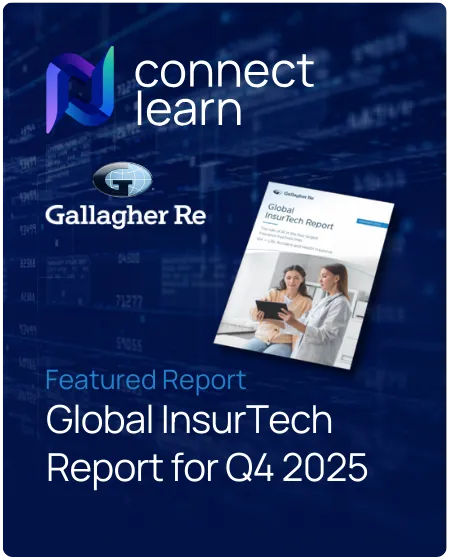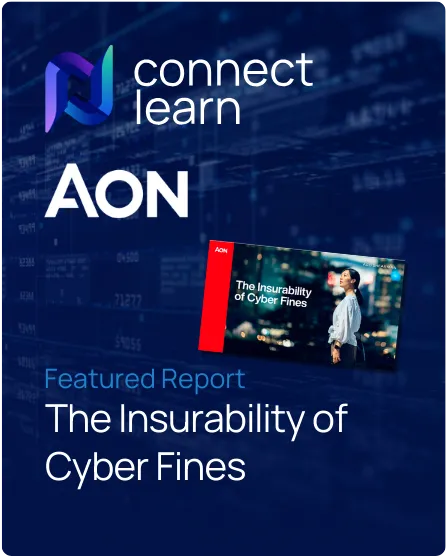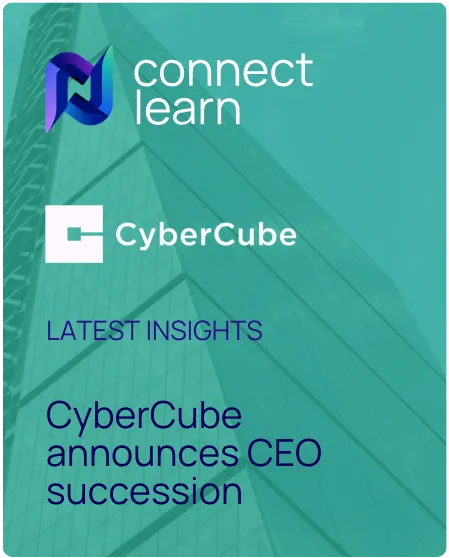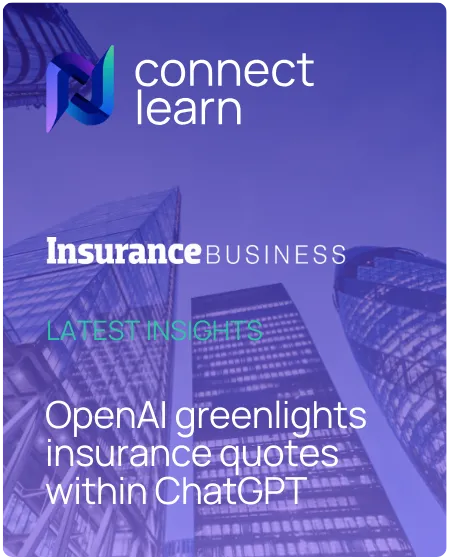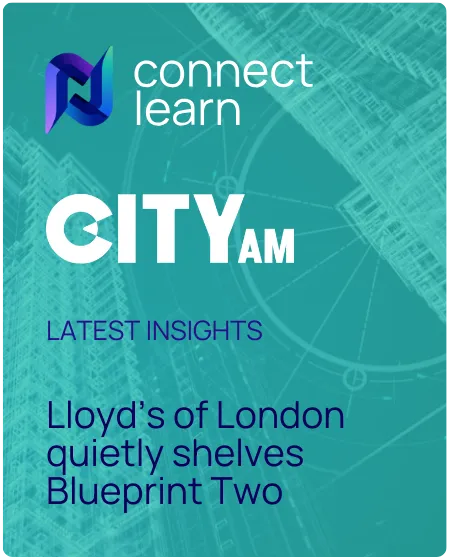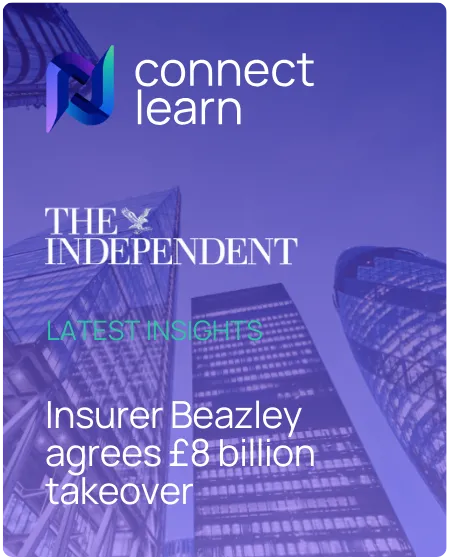Alex Holliday - Permanent Recruitment Director | Pioneer Search
Pride Month is a wonderful celebration, one that rightly shines a spotlight on the LGBTQ+ community, highlighting the progress we’ve made and the work still to be done. But as with any movement, the true value comes not from a single month of visibility, but from the culture that’s lived, breathed, and nurtured throughout the other 11 months of the year.
As someone that works closely with both hiring managers and candidates across the tech industry, I often reflect on what companies are actually doing to build inclusive environments, particularly when no one is watching.
The question is simple: how can organisations ensure LGBTQ+ candidates and new/existing employees feel seen, supported, and safe every day, not just in June?
The Burden of “Coming Out” Again and Again
One of the most overlooked realities for LGBTQ+ individuals is the need to come out multiple times in life, not just once. And that includes interviews, onboarding, and new team meetings. It’s an emotionally taxing process that many feel unsure about navigating professionally.
When I interviewed at Pioneer Search after relocating from South Africa, I remember debating whether or not to mention my sexuality. South Africa, while progressive in many ways, has a different cultural relationship with sexuality, often quieter, more private. In my case, I chose to come out to my future manager, Mark Warburton during the process. But in hindsight, I recognise the privilege in having felt safe enough to do so. Many candidates don’t.
In fact, a candidate of mine recently confided after their final interview that they hadn’t felt comfortable disclosing that they were gay but desperately wanted to know if the company would be a safe and inclusive place. They hadn’t seen anything online to indicate that they supported LGBTQ+ employees outside of Pride Month. Luckily, I could reassure them personally due to my deep understanding of the business they were to accept an offer of employment from, but it highlighted a gap that companies need to close.
-----------------------------------
The Problem with "Legalese Inclusion"
Take a glance at nearly any job advert today, and you’ll spot a familiar block of text, usually tucked away at the bottom that reads something along the lines of: “We are an equal opportunities employer and do not discriminate based on race, gender, age, religion, sexual orientation…” and so on.
While these statements are undoubtedly important from a legal and compliance standpoint, they often lack any real soul. They’re formulaic, impersonal, and feel more like a disclaimer than a declaration of values. For many candidates, especially those from underrepresented or marginalised communities, this type of inclusion feels passive, like a company doing the bare minimum to tick a box, rather than actively creating a workplace where people feel they belong.
And this is the heart of the problem: inclusion isn’t just about policies. It’s about culture. It’s about the way an organisation makes people feel before they apply, during the hiring process, and once they’re in the building (or on the video call).
What prospective employees are searching for is not just permission to be themselves; they’re looking for encouragement. They want to know:
- Will I feel safe bringing my whole self to work?
- Will I be respected for who I am, beyond just what I do?
- Will my identity be recognised and valued, not tolerated, or ignored?
This sense of belonging goes far deeper than any legal statement can convey. It’s not about neutrality, it’s about affirmation. People want to join organisations where inclusion isn’t buried in fine print, but proudly woven into the everyday language, behaviour, and imagery of the brand.
And the truth is, candidates are getting better at spotting the difference. They’re reading between the lines. They’re looking beyond the words to see what’s actually being lived out in the culture. A cold, impersonal policy that says “we won’t discriminate” isn’t enough, it must be backed by visible, tangible action. That’s what creates trust. That’s what creates belonging.
So if your inclusion efforts stop at legal jargon, you’re not just missing a trick, you’re missing out on exceptional talent who want more than a safe option. They want to thrive. They want to feel seen.
And they deserve to.
-----------------------------------
Simple Steps, Big Impact
You don’t need to reinvent the wheel to make meaningful change. Here are a few things companies can do right now:
Maintain visible year-round inclusion content
If you publish content during Pride Month about your commitment to diversity, don’t take it down on 1st day of July. Keep a page or section on your website that shows photos, stories, or initiatives that highlight your inclusive culture all year long.
Humanise your messaging
Move beyond generic D&I statements. Add quotes, stories, and testimonials from LGBTQ+ employees (with their consent). Let people see and feel the culture.
Include an HR touchpoint in the interview process
A simple 10-minute chat with someone outside the hiring team (e.g., HR or a People & Culture contact) can be a safe space for candidates to ask questions about the working environment, without needing to disclose anything personal to their future manager.
Avoid tokenism in interview panels
While diverse panels are a great idea, they aren’t always practical, especially in industries like IT where team sizes may be small or not yet diverse. Instead, focus on training all interviewers in inclusive practices and ensure the candidate journey reflects your values from start to finish.
-----------------------------------
Key Things to Always Consider
- Sexuality is personal, no one should feel obliged to come out during an interview.
- Inclusion must be proactive, not reactive, or seasonal.
- Visible, humanised representation matters. Make it easy for candidates to see who you are.
- Safety and comfort are not ‘nice to haves’, they're critical for attracting and retaining top talent
-----------------------------------
Don’t Let Your Pride Fade in July
If you care about building an inclusive workplace, prove it with consistent visibility. Don’t let your allyship expire at the end of Pride Month. Create content, keep it live, make it accessible, and revisit it regularly.
Let your culture speak for itself 365 days a year, not just in rainbow colours for 30.
If you’re a candidate and you’re unsure about how inclusive a workplace really is, ask. And if you’re not sure who to ask, reach out to me. I’m always happy to have a conversation, whether you’re navigating the job market or just want a sounding board.
If this article resonates with you, whether you’re a candidate looking for guidance or an employer wanting to better support your people, let’s talk!
You can connect with me directly on LinkedIn or drop me an email at alexh@pioneer-search.com.
-----------------------------------
Alex Holliday
Permanent Recruitment Director | Pioneer Search



